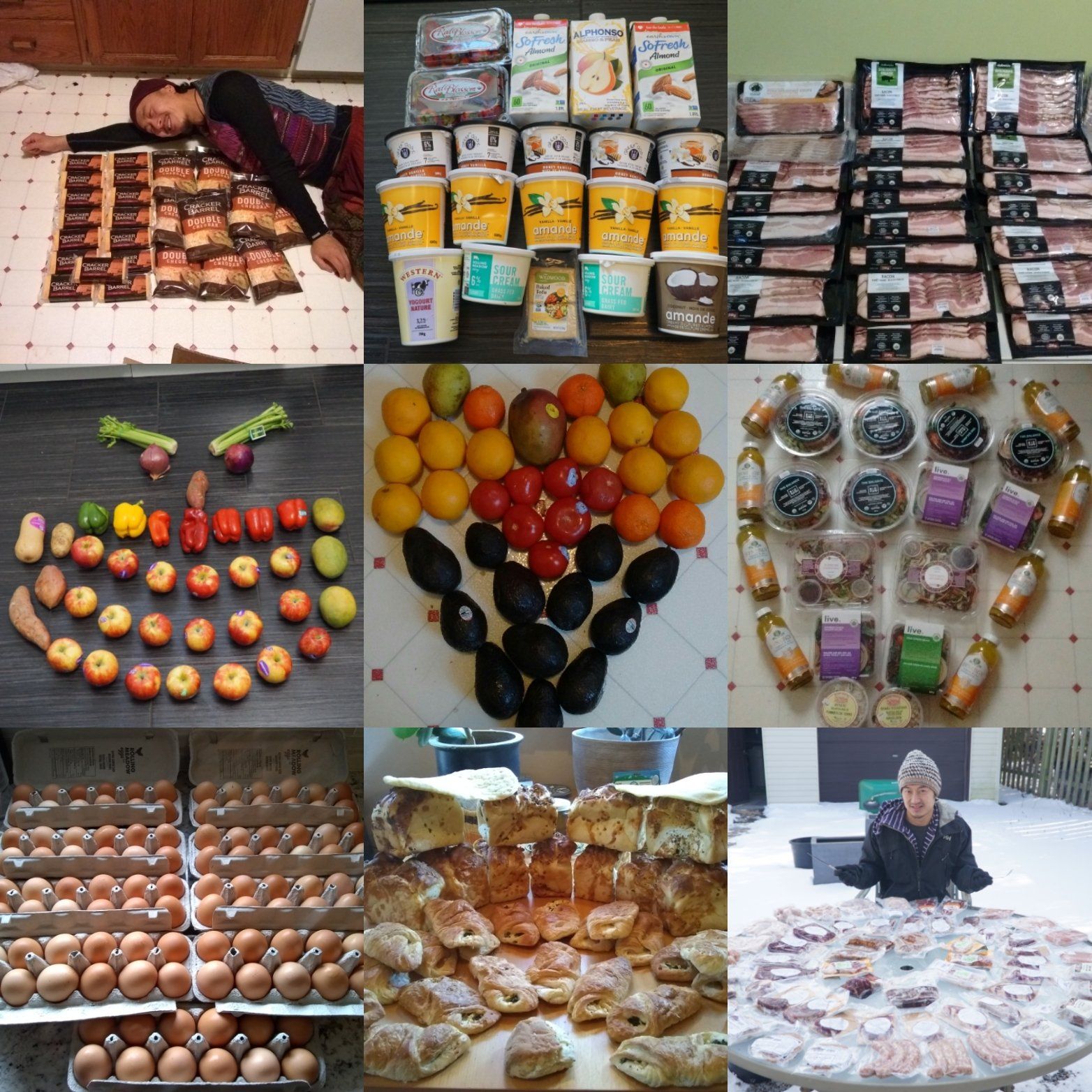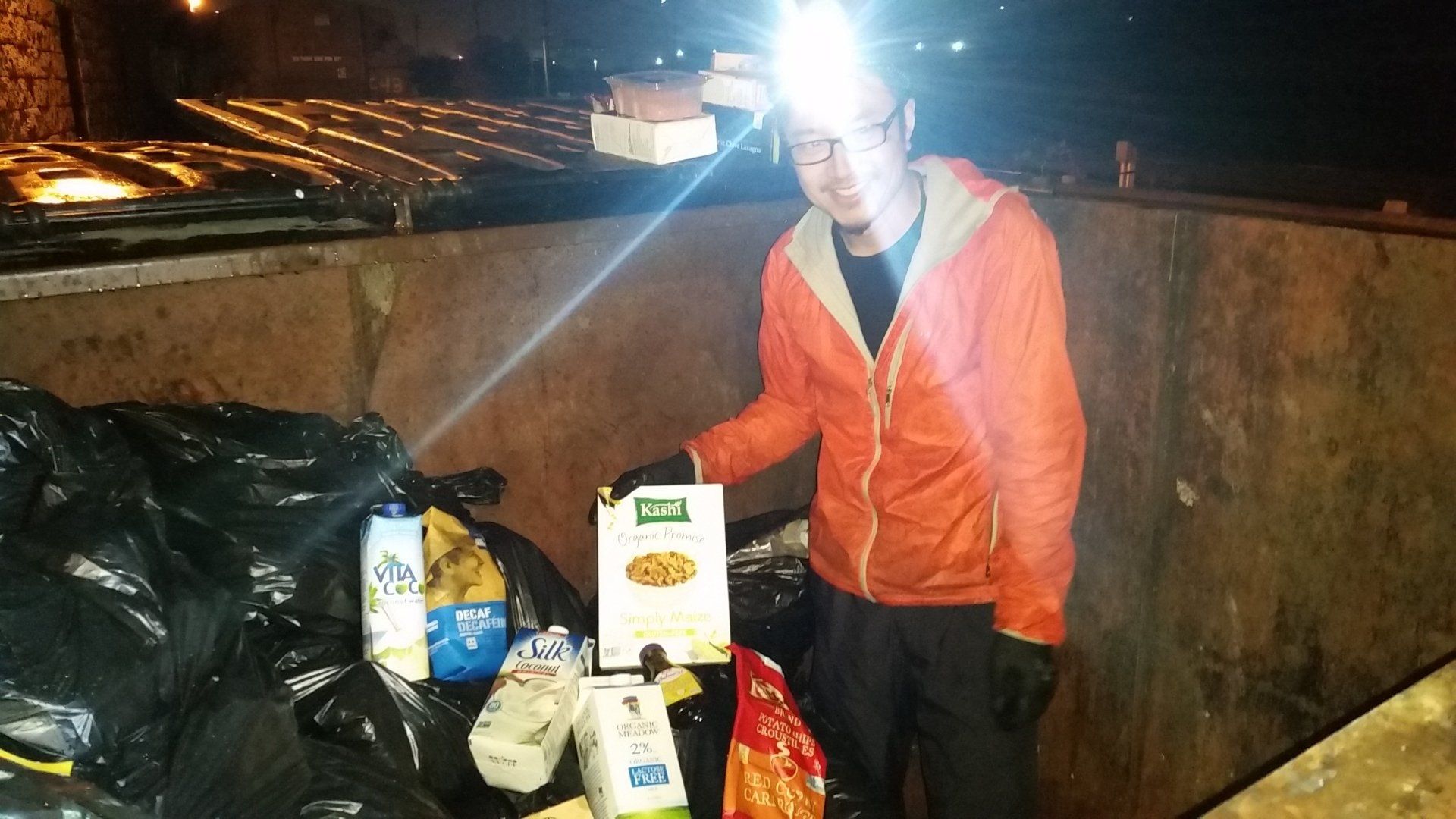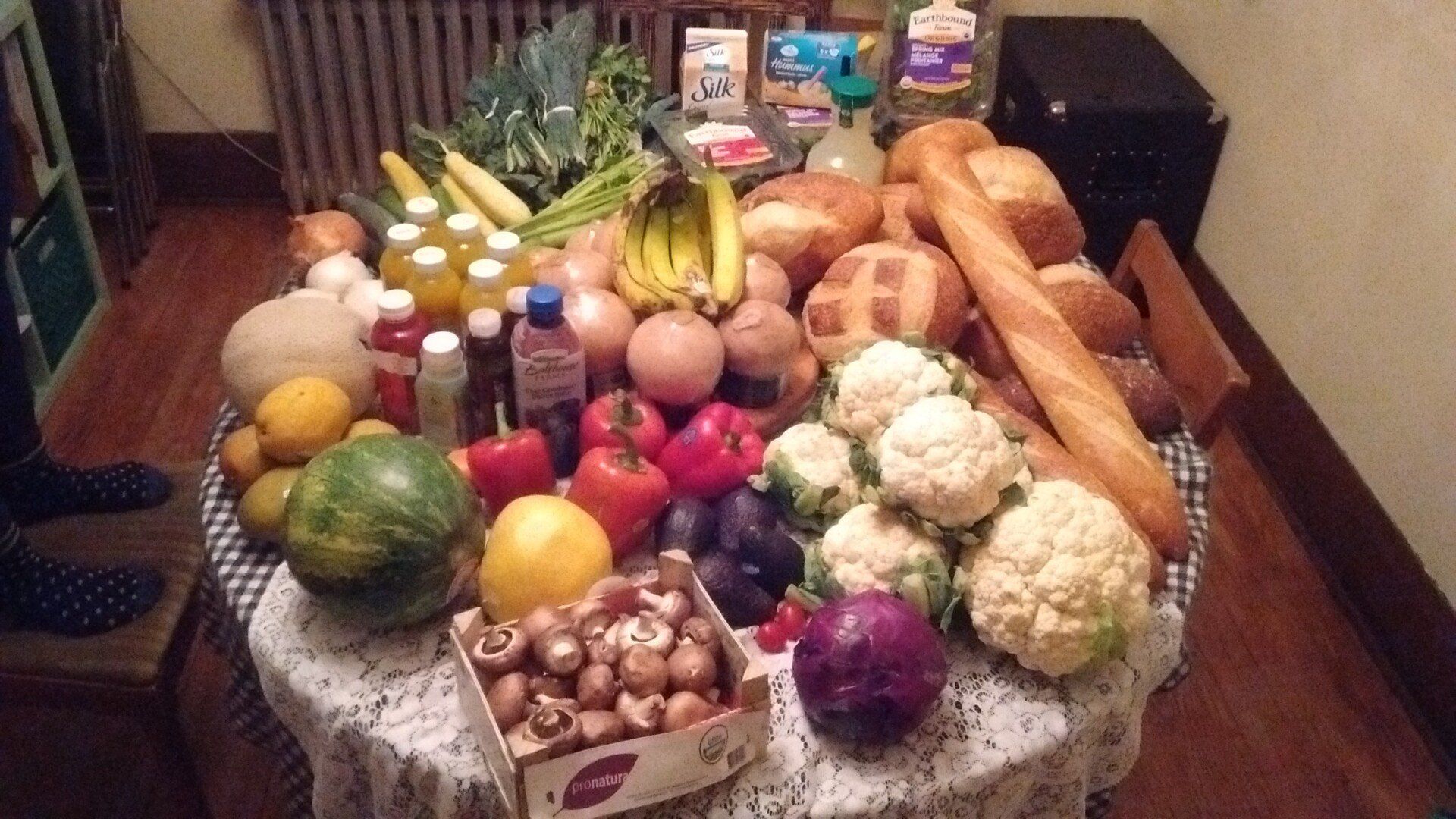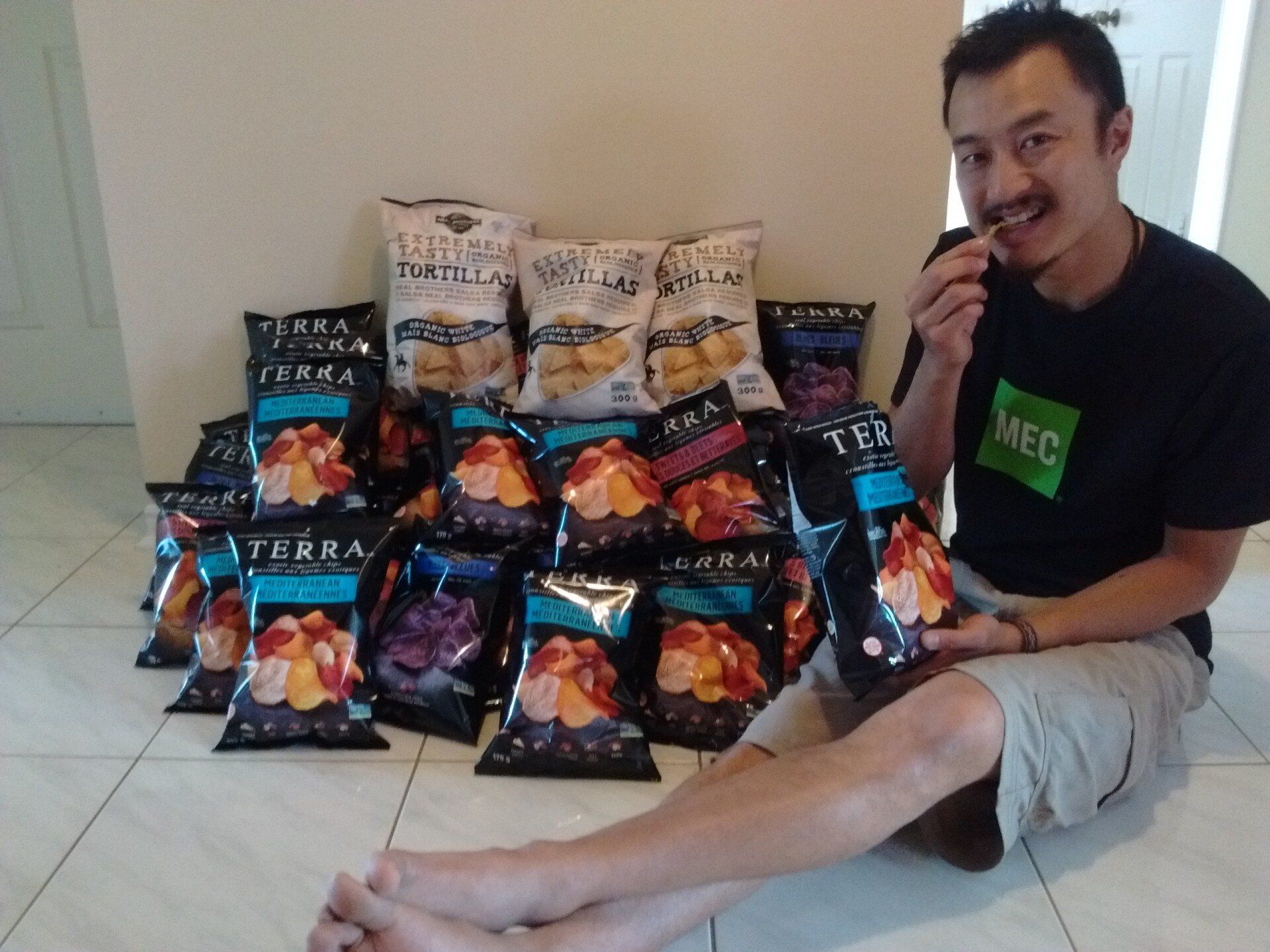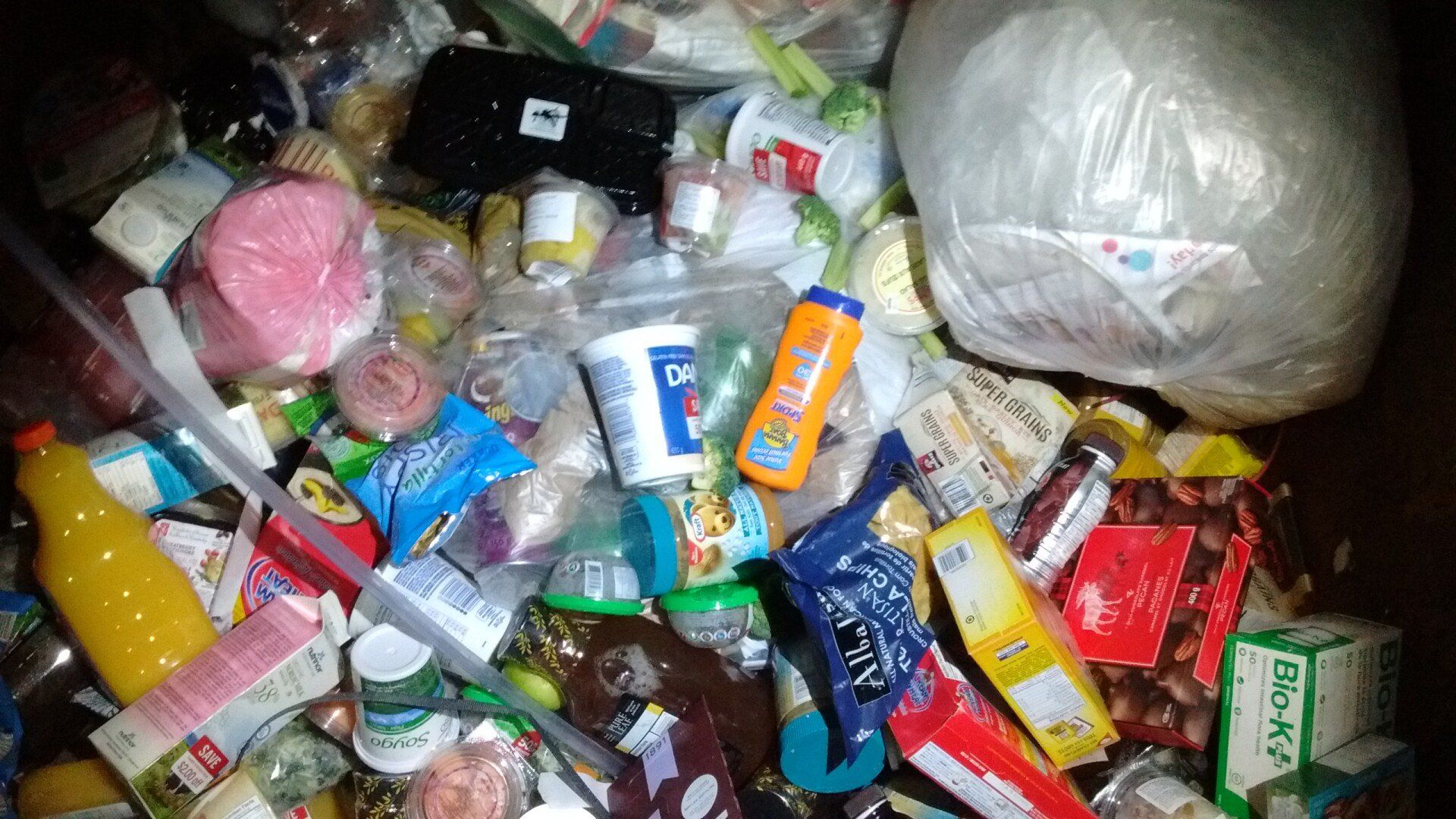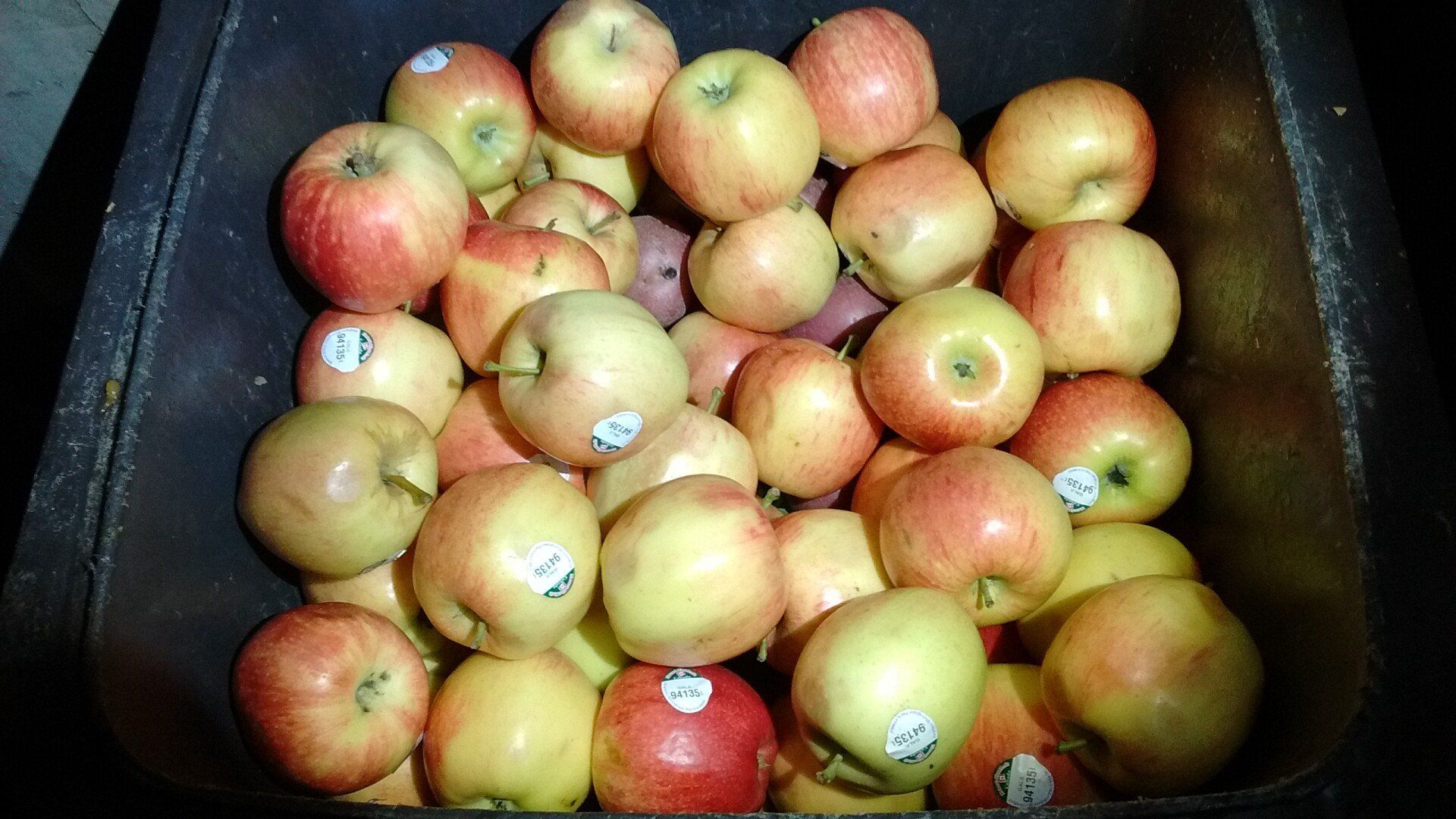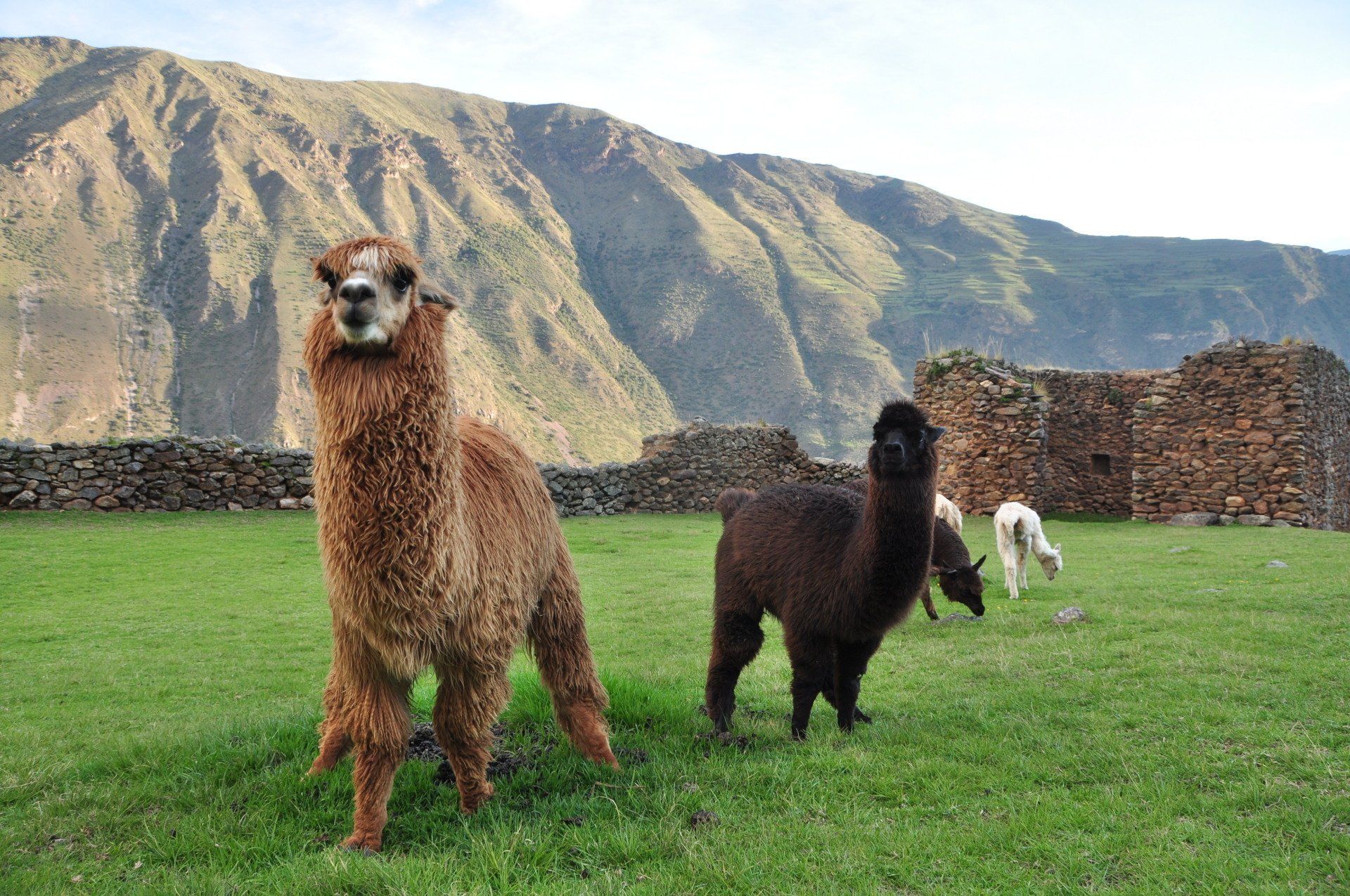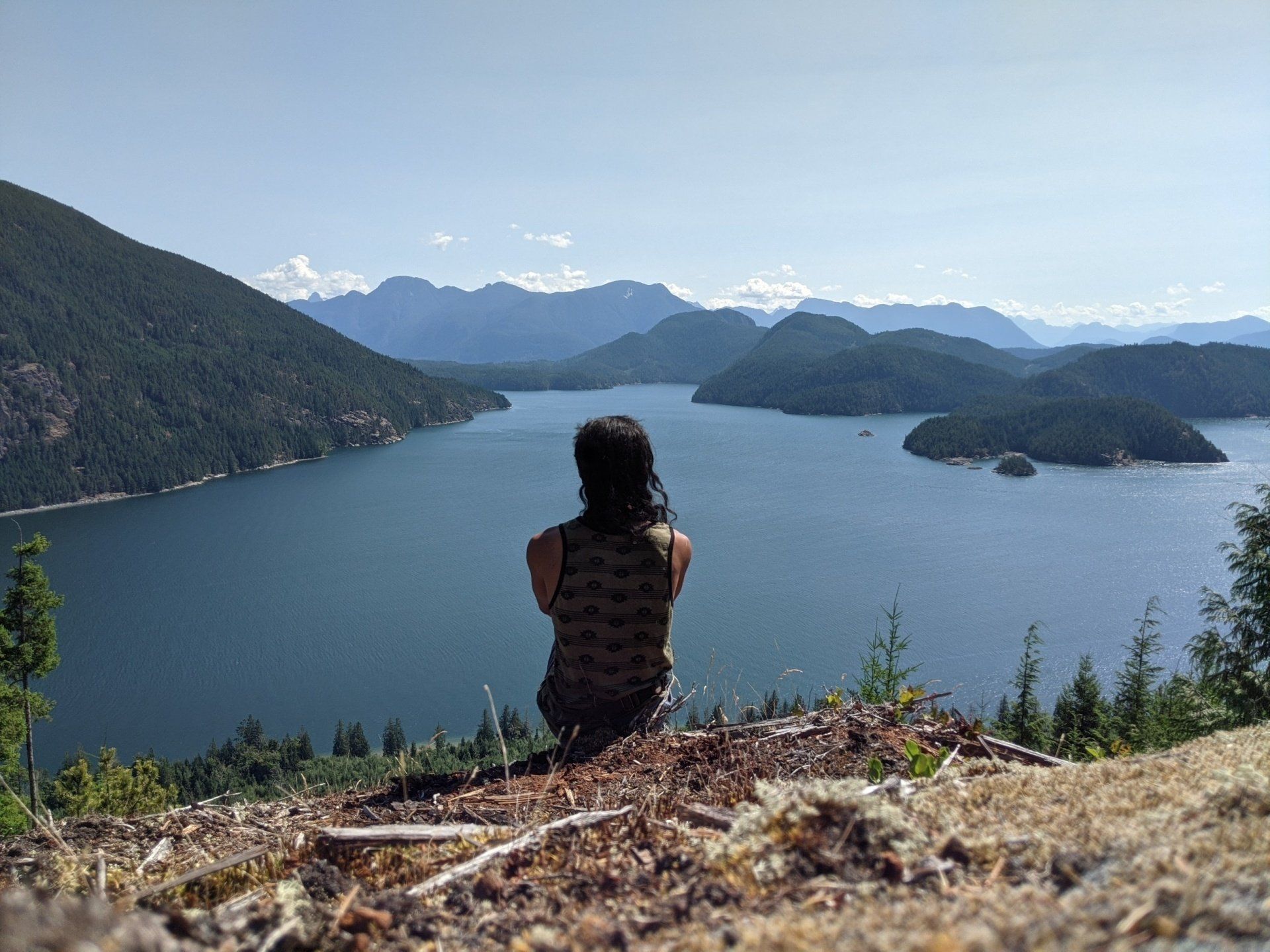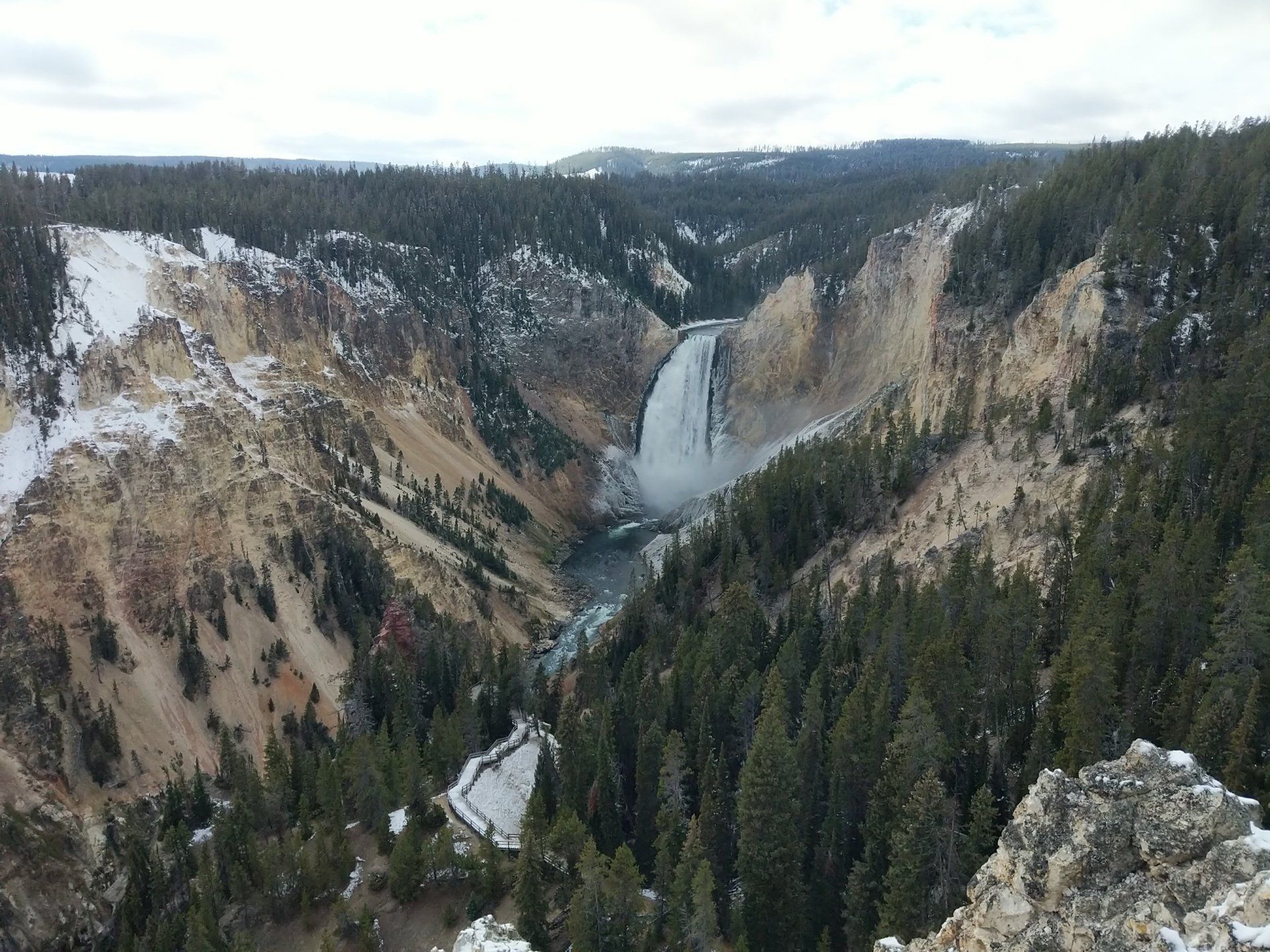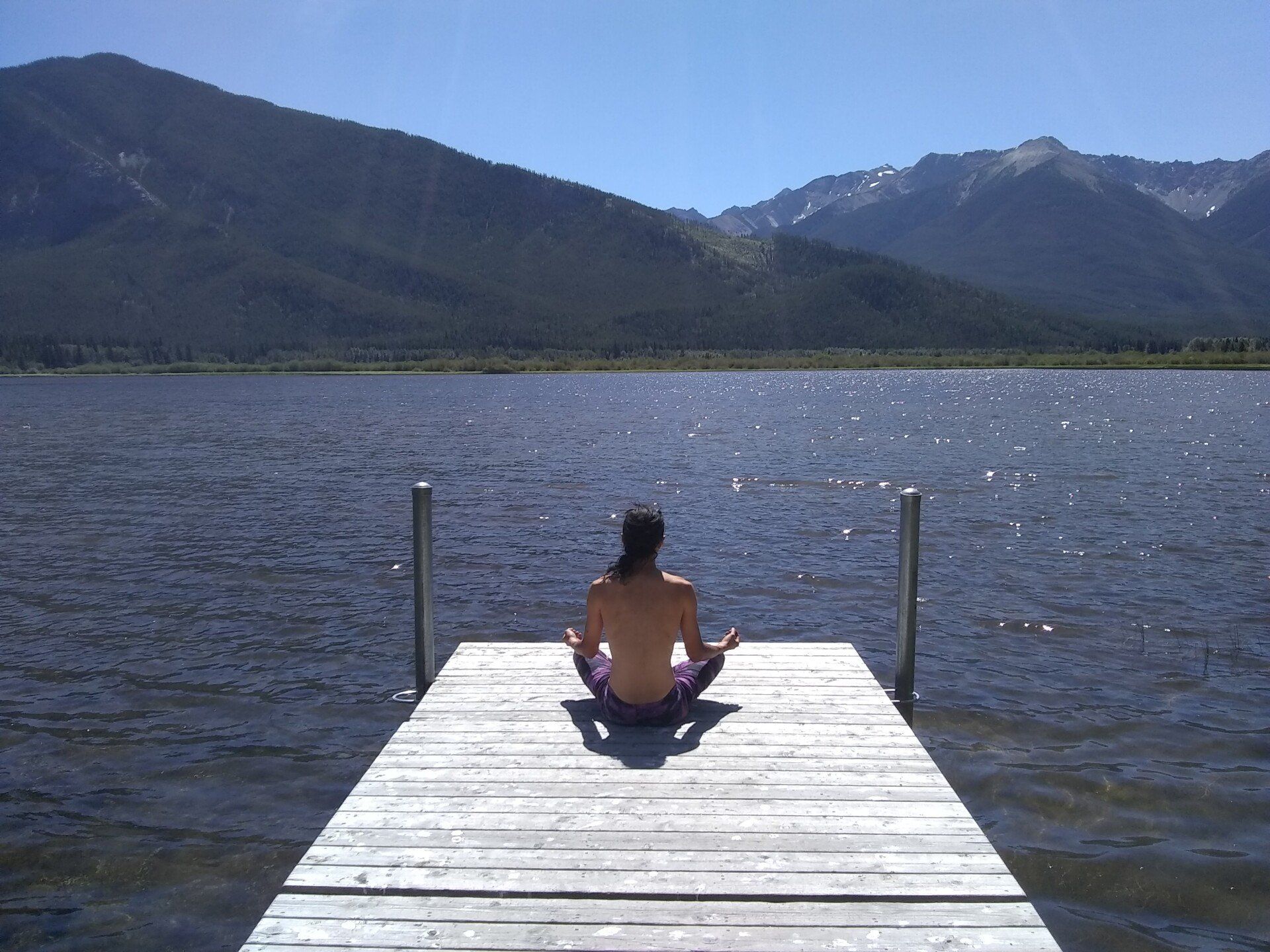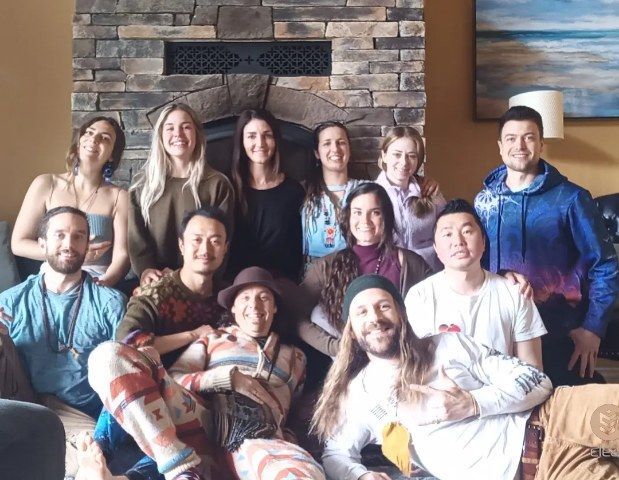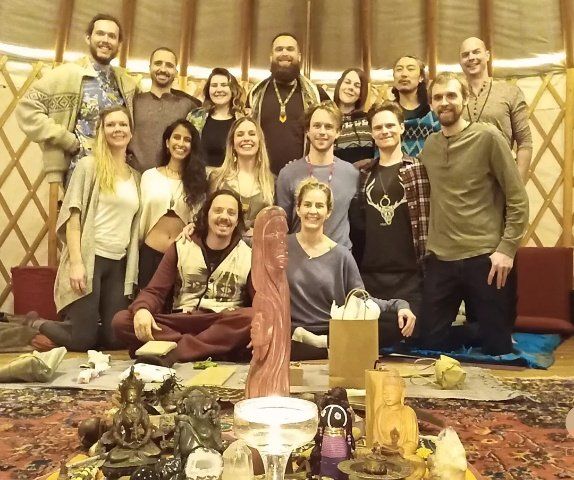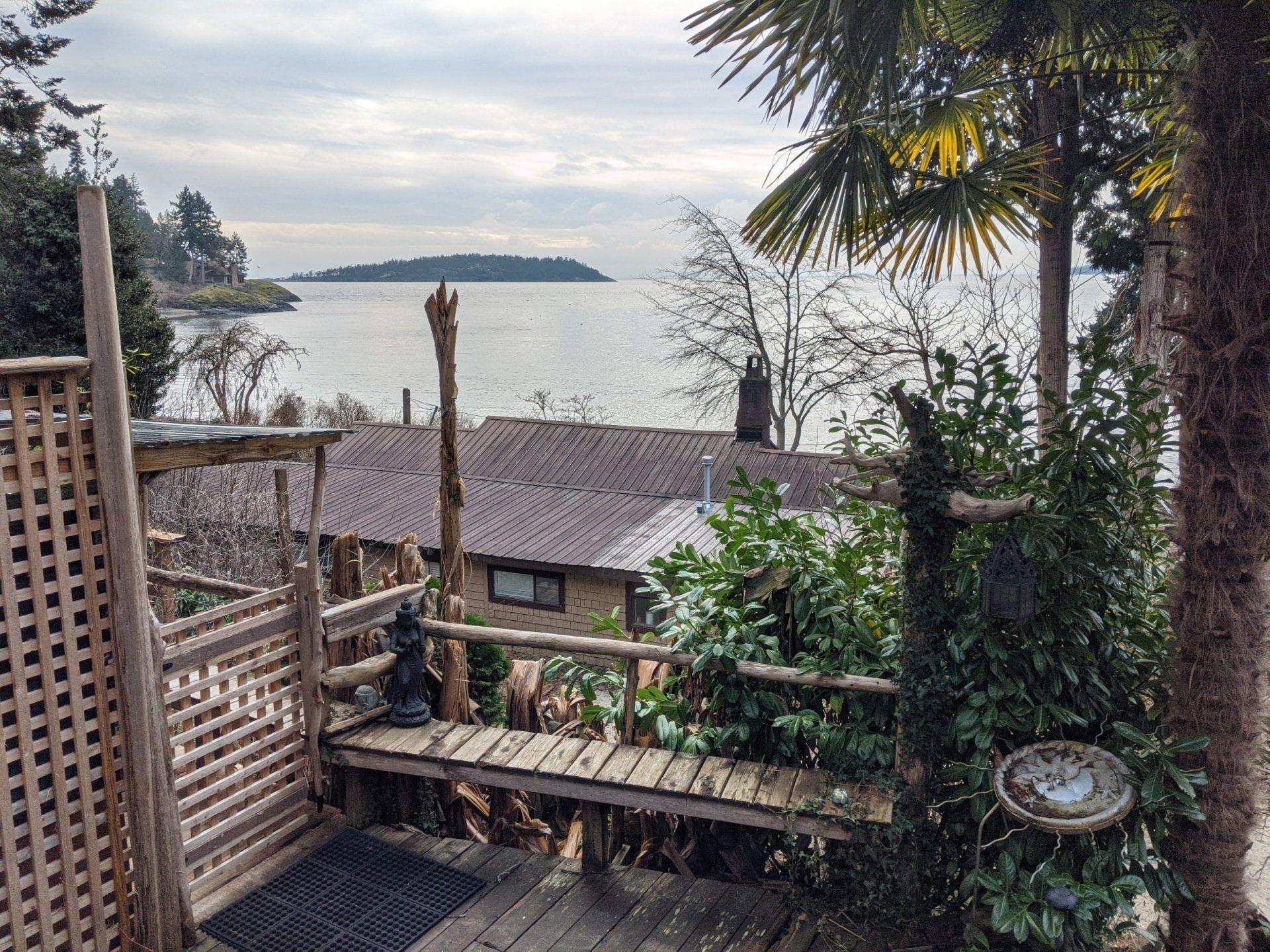Food Waste Fight! In the Trenches
Part 1 - In the Trenches
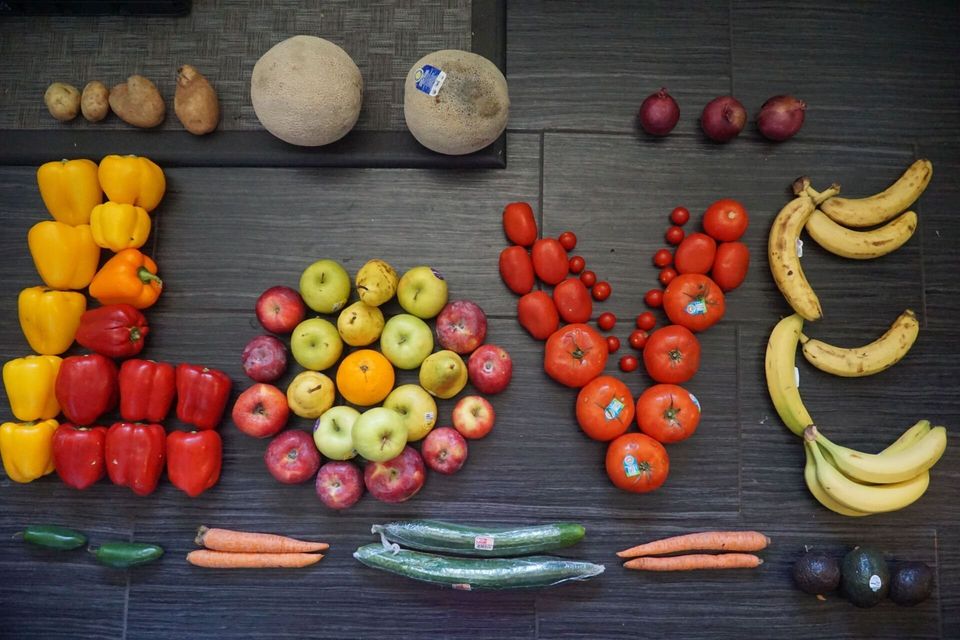
Perhaps the most ironic outcome of all this is that I'm eating better than I have at any point in my life. At least half the food I dive is organic, and the money I save diving has allowed me to also choose organic for what I needed to buy. I have not gotten sick once and learned that expiry dates are only for economic purposes, having zero correlation to edibility. Our senses can distinguish sour milk better than any expiry date. Finally, dumpster diving has helped me conquer my food cravings! I no longer crave something enough to buy it. At some point the dumpster will provide chips and hummus or cookies and ice cream, but until then I'm happy to wait.
Besides roommates and family, throughout the years I have introduced quite a lot of people to dumpster diving and seen them follow the same evolution - initial shock and disgust, eagerness to take everything, realization that most food waste is actually very edible, and slowly evolving from beggars into choosers.
I've split my last several years between the west coast of Canada and Toronto, my hometown. On the west coast, where there are a lot more alternative people as well as homeless, dumpster diving is more common and, ironically, much more difficult. The regularity of the activity discourages businesses from keeping bins unlocked because, eventually, some divers will attract negative attention, come at inconvenient hours or not leave a trace. The west coast is also more progressive than most of Canada and so I see a lot of food initiatives that redirect food waste, which may also reduce the viability of dumpsters.
The story is completely different in Toronto. The province of Ontario has a large urban population and a very business oriented culture, with Toronto serving as the nation's financial hub. Toronto is also a massive sprawling suburbia with a tiny alternative crowd concentrated close to downtown. Thus there are much fewer dumpster divers in the suburbs. Dumpster spots are quite spread out and takes time and effort to discover. But to my benefit the spots I managed to find are untouched and pristine and can be full of lots of good stuff.
It took me a little bit of time to convince my dad that dumpster diving was completely safe. The obstacle with him was not so much the edibility of the food but a difference in ideologies. My dad immigrated to Canada and worked hard to earn a comfortable material rich life, and dumpster diving appears petty and desperate to him. He was ashamed of me for engaging in it. But eventually I won over his frugal side and he and the family happily accepts most treasures I bring to them.
Food Waste Fight!
When I started dumpster diving 8 years ago food waste was not yet an issue. It started becoming well known around 4 years ago with the news that France made it mandatory for grocery stores to divert their food waste. This was coupled with findings that society wastes 40% of its food from farm to fork! Since then there have been many studies that have even pegged the value as high as 60% in especially affluent regions.
There was mounting pressure on governments to do something about it. There were calls within Canada to adopt the same policy as France. Alas, like all global issues, they tend to lose steam after some time, then get usurped by the next trendy global issue, allowing politicians and guilty parties to dodge the controversy. Sadly, people in power have known this for decades and simply play the waiting game - when people don't take enough action they eventually get fatigued and lose momentum and the movement fizzles out.
Back in 2016 a CBC segment exposed food waste at Walmart. Walmart gave a weak reply deflecting the issue, then they installed locks on their green bins. I know this because I was dumpster diving regularly at a nearby Walmart when, one evening, their bins had new locks installed on them.
Fast forward to today, a lot of amazing food waste initiatives have popped up globally. I've seen them and used their services in Victoria and Vancouver, BC. Back in Toronto, I got linked to FB groups for dumpster diving and sharing food, and have connected to lots of people in the trenches like me, and found new avenues to distribute food waste.
Feed It Forward is an incredible non-profit that has a huge network of grocery stores and businesses across the GTA donating food waste to them. They have a pay-what-you-can grocery store as well as other initiatives such as a community Christmas dinner. Second Harvest performs a similar service. Flash Food app allows grocery stores to advertise food going to waste at drastically reduced prices. A similar app called FoodHero operates in Quebec and has plans to expand into Ontario.
There are also things happening on a grassroots level. Toronto Little Food Pantries is like the free libraries you see on people's front lawns facing the sidewalk, except it's for food. There are also community fridges, which are publicly accessible fridges where you take what you need and drop off what you don't! Freedge.org has a global database of these. I have even connected with groups of individuals that started asking local grocery stores and restaurants to donate to them so that they could distribute to families in need.
Outside of Canada I have gotten wind of lots of initiatives in Europe. IG user anurbanharvester has made a name for himself exposing the food waste issue through dumpster diving, and has even engaged with politicians in his home country of Denmark. He enlightened me on the fact that even Europe's most progressive countries still have just as bad food waste issues as the US and Canada. anurbanharvester actually found me through my own posts on my account my2barefeet
Over the years, pondering this issue as well as integrating my understanding of how society has evolved, I have largely figured out why there is so much food waste in the world. I think it's very important to understand this so that we can take appropriate action to combat the root cause of the issue. I will go in-depth into this in Part 2 of this blog!
I'll leave you with a small sample of green bin pictures for your viewing displeasure:


